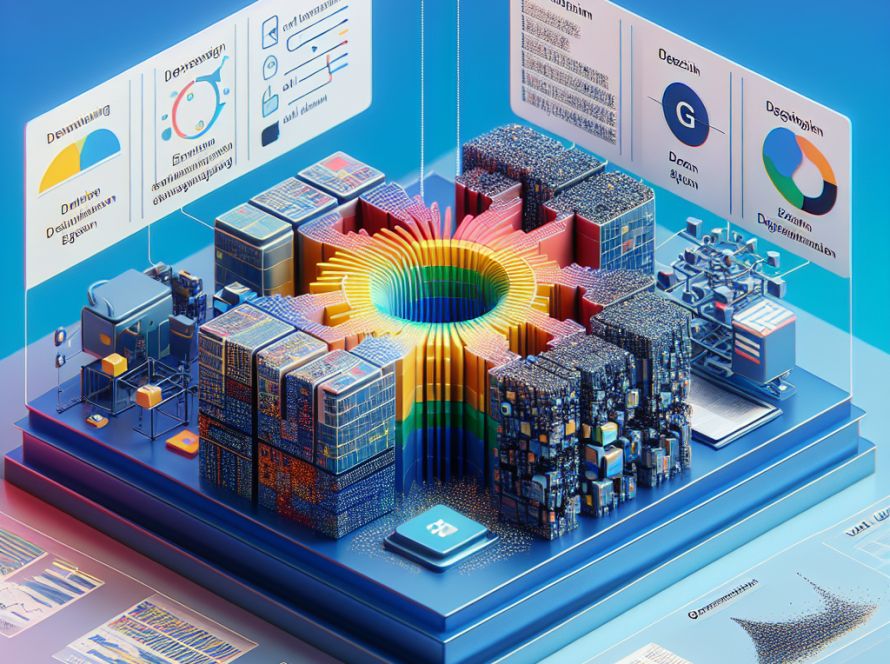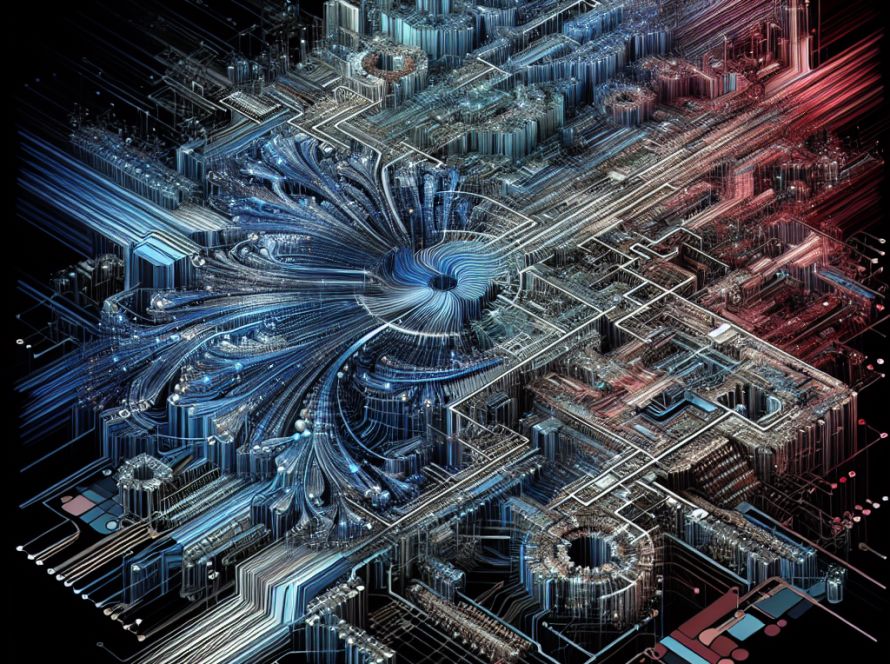Rakis is an open-source, decentralized AI inference network. Traditional AI inference methods typically rely on a centralized server system, which poses multiple challenges such as potential privacy risks, scalability limitations, trust issues with central authorities, and a single point of failure. Rakis seeks to address these problems through focusing on decentralization and verifiability.
Rather than having all processing done on centralized servers owned by one entity, Rakis utilizes the vast computational power of interconnected web browsers in a peer-to-peer network. This means anyone with access to a web browser can participate without needing special permissions. Rakis employs multiple networks and technologies like WebRTC, Network Kernel in Node (NKN), and GunDB to establish communication channels. This redundancy in communication channels ensures both reliability and protect against potential single-point failures within the system.
Rakis platform is based on a layered architecture to efficiently manage decentralized AI inference tasks. These layers include the Peer-to-Peer and Peering Layer; the Inference Layer; Coordination Layer; Consensus Layer, and Persistence Layer. Features of these layers include multiple networks for message delivery and direct connections between peers. These layers also manage AI inference requests, worker scheduling, result processing, as well as a novel consensus mechanism based on embeddings and a commit-reveal process to ensure deterministic AI outputs.
Despite the inherent randomness in AI algorithms, the consensus process clusters results in high-dimension spaces to reach consensus, integrating with blockchains like Ethereum and Arbitrum for inferential result storage and incentivization.
With respect to performance, Rakis dynamically scales worker instances as per demand and optimizes resources using effective queuing mechanisms. The system also supports various AI models to cater to diverse applications. Through these decentralized processes, Rakis works to enhance transparency, privacy, and security – crucial for a range of applications.
By making AI inference tasks decentralized, Rakis promotes innovation and cooperation within the AI and blockchain communities. The consensus mechanism of the network ensures transparent and reliable AI outputs which allows the application of self-executing smart contacts and decentralized AI agents. For interested parties, a GitHub, related documents, and additional details are available for further study and interaction with the platform.
In conclusion, Rakis is an innovative shift towards a more democratic model of AI accessibility and a solution to traditional challenges that AI inference methods face. It boosts scalability, enhances privacy, and promotes innovation within the AI application sphere.


